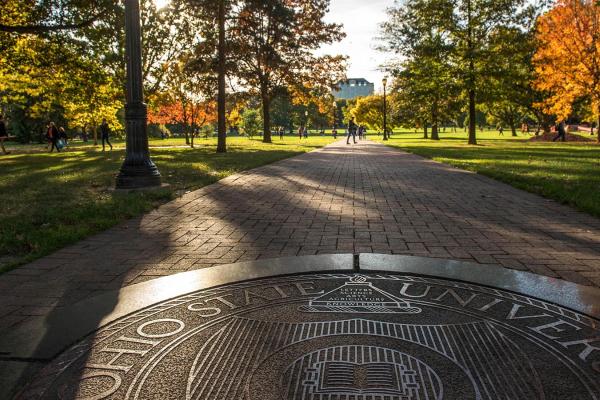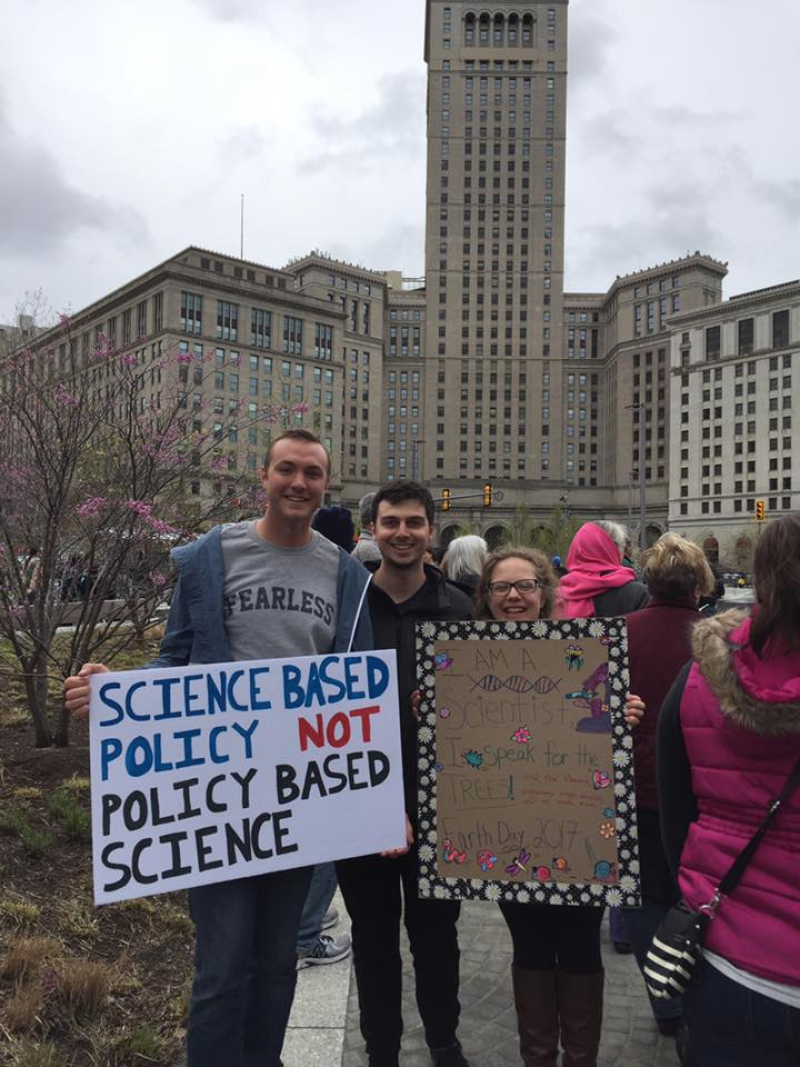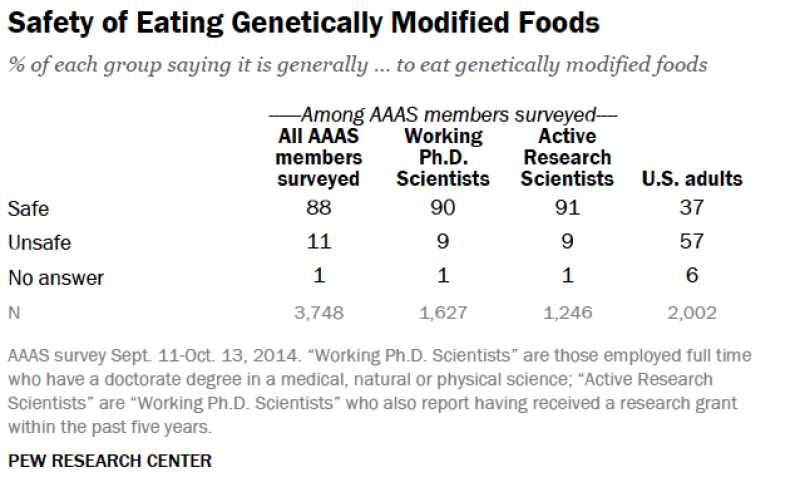Marching for Science

Saturday, April 22, 2017 was a big day for me. It marked the first time I have marched for something as an activist for a cause I believe in. The cause? Science. The problem? Science literacy and awareness has fallen by the wayside in recent times.

A 2015 Pew Research Center summary of surveys from both AAAS members and the general public demonstrated that there is a gap in opinion between scientists and the public on multiple issues including fracking, climate change, and food safety. For example, Figure 2 shows the opinions of AAAS members and the general public on the safety of GM foods. The scientific consensus on the safety of GMOs is substantially higher than the public opinion.

As scientists, we need to promote the furthering of discovery and the scientific process. It is important to reach out to the general public. We must help reduce the gap in scientific literacy. As citizens, we should promote policy that is pro-science. One movement currently tackling these issues is the March for Science.
According to the official March for Science website, the movement is political, but non-partisan. Science is evidence based, and the policy must reflect the evidence. The April 22nd marches, held worldwide, were organized around a number of core principles including the development of science to serve the common good, diversity and inclusive outreach.
Barbara Ley, of the University of Delaware, supervised a study that asked over 1,000 Facebook users why it was "very important" participate in the March for Science. As seen below, the top responses included encouraging both policy-based science and the public support of science.
The physical March was just one part of the movement. Now is the time to bring science into the spotlight, and keep it there, right where it belongs.
References
Pew Research Center, July 2015, "An Elaboration of AAAS Scientists' Views"
Ley, Barbara, 2017, "March for Science participants seek evidence-based policies and public support for science"
Written by TPS Fellow, Rebecca Kimmelfield
